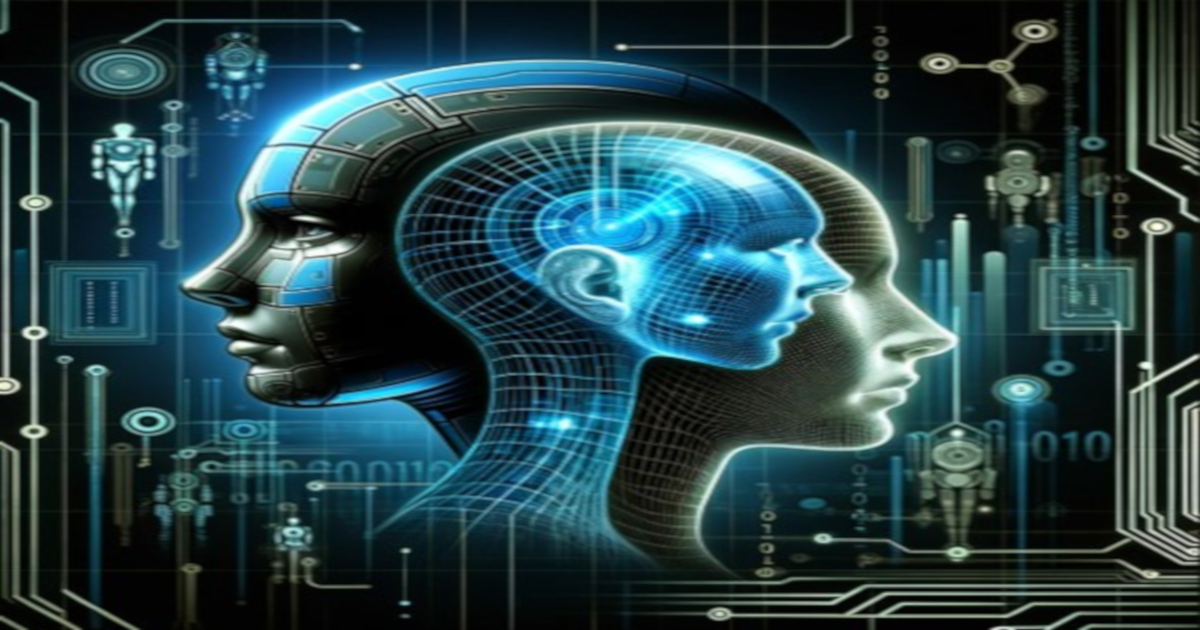Digital Twins: Technologies and Applications
A special issue of Applied Sciences (ISSN 2076-3417). This special issue belongs to the section "Computing and Artificial Intelligence".
Deadline for manuscript submissions: 31 August 2024 | Viewed by 91

Special Issue Editors
Interests: production systems; digital twins; petri nets and extensions; hybrid systems; supervisory control; mathematical modelling; discrete event systems; renewable energy sources
Interests: smart ICT technologies; energy systems management; environmental systems management; water resources management; process; system and service engineering; decision making
Interests: hybrid renewable energy systems; energy systems modelling; smart energy management systems; energy simulations; big data analysis; data analytics; 3D modelling; light modelling; process modelling; digital twining; machine learning; predictive maintenance
Special Issue Information
Dear Colleagues,
Digital Twins (DTs) have rapidly ascended as a pivotal instrument in the digital replication of Physical Systems, Processes, or Objects, capturing their essence across varying conditions, whether existing or speculative. The main distinction between DTs and other technological innovations is their dynamic nature; these virtual models are designed for perpetual, two-way interaction with their physical counterparts. Such interaction not only facilitates real-time monitoring and analysis of both the holistic behavior and individual components of the physical entity but also enables the implementation of diverse strategies, modifications, or actions when required. This capability stems from recent advancements in the fields of the Internet of Things (IoT), Industry 4.0, Analytics, Big Data Management, and Telecommunications, complemented by the integration of Actuators and Sensors for comprehensive data acquisition, mapping, and processing. Leveraging a suite of methodologies and technologies from Artificial Intelligence, Optimization, Analytics, Big Data Management, and Simulation, DTs efficiently assess, quantify, and forecast the evolving dynamics of Physical Systems.
The applicability of DTs spans an extensive array of domains that include, but are not limited to, Manufacturing, Aviation, Energy, Smart Cities, Industry, Telecommunications, Construction, Healthcare, Vessels, and Asset management. Furthermore, their utility extends to Lifecycle management, Traffic management, Project management, Education, and the exploration of human behavior in conjunction with environmental interactions. The developed methodologies are versatile, ranging from overarching frameworks to bespoke, application-specific solutions. This adaptability ensures that DTs can be tailored to meet the unique requirements and challenges of each domain or application.
The Special Issue on Digital Twins (DTs) is relevant to applied sciences fields, including:
- Developing software and algorithms that underpin DTs.
- Mechanical, electrical, civil, and software engineering for designing and analyzing physical systems and their digital shadows.
- Utilizing big data, machine learning, and statistical methods to interpret DT-generated data.
- Infrastructure and communication protocols required for DTs’ interaction with physical entities.
- DTs in manufacturing, process optimization, and supply chain management.
- DTs for monitoring and managing environmental systems and sustainability.
- Patient-specific models and healthcare systems management.
- DTs in the design, management, and optimization of urban environments.
- Development and management of energy systems, RESs, and smart grids.
- Precision farming, crop management, and resource optimization.
- Management of traffic, fleet, and logistics operations.
- DTs for educational and research purposes.
- Design, simulation, maintenance, and management of vessels.
- Ship design, navigation, and port management.
- Utilization of DTs in the construction, management, and maintenance of buildings.
Dr. George J. Tsinarakis
Dr. George Arampatzis
Dr. Nikolaos Sifakis
Guest Editors
Manuscript Submission Information
Manuscripts should be submitted online at www.mdpi.com by registering and logging in to this website. Once you are registered, click here to go to the submission form. Manuscripts can be submitted until the deadline. All submissions that pass pre-check are peer-reviewed. Accepted papers will be published continuously in the journal (as soon as accepted) and will be listed together on the special issue website. Research articles, review articles as well as short communications are invited. For planned papers, a title and short abstract (about 100 words) can be sent to the Editorial Office for announcement on this website.
Submitted manuscripts should not have been published previously, nor be under consideration for publication elsewhere (except conference proceedings papers). All manuscripts are thoroughly refereed through a single-blind peer-review process. A guide for authors and other relevant information for submission of manuscripts is available on the Instructions for Authors page. Applied Sciences is an international peer-reviewed open access semimonthly journal published by MDPI.
Please visit the Instructions for Authors page before submitting a manuscript. The Article Processing Charge (APC) for publication in this open access journal is 2400 CHF (Swiss Francs). Submitted papers should be well formatted and use good English. Authors may use MDPI's English editing service prior to publication or during author revisions.
Keywords
- digital twins
- modelling
- cyber-physical systems
- industrial systems
- industry 4.0
- internet of things
- simulation
- sensors
- actuators







